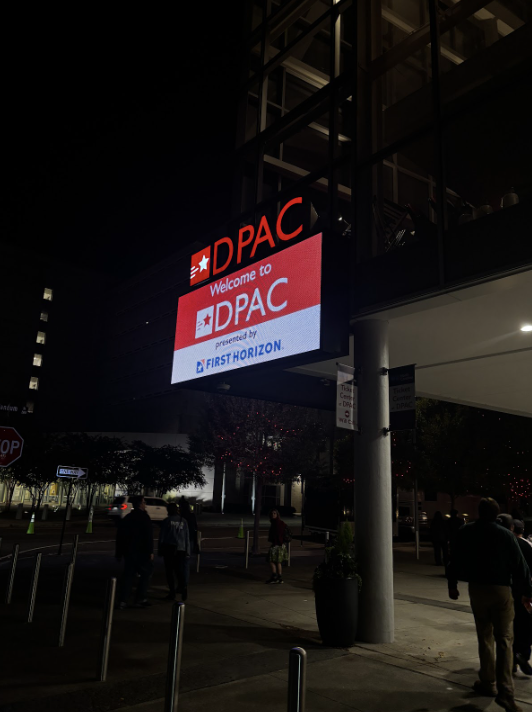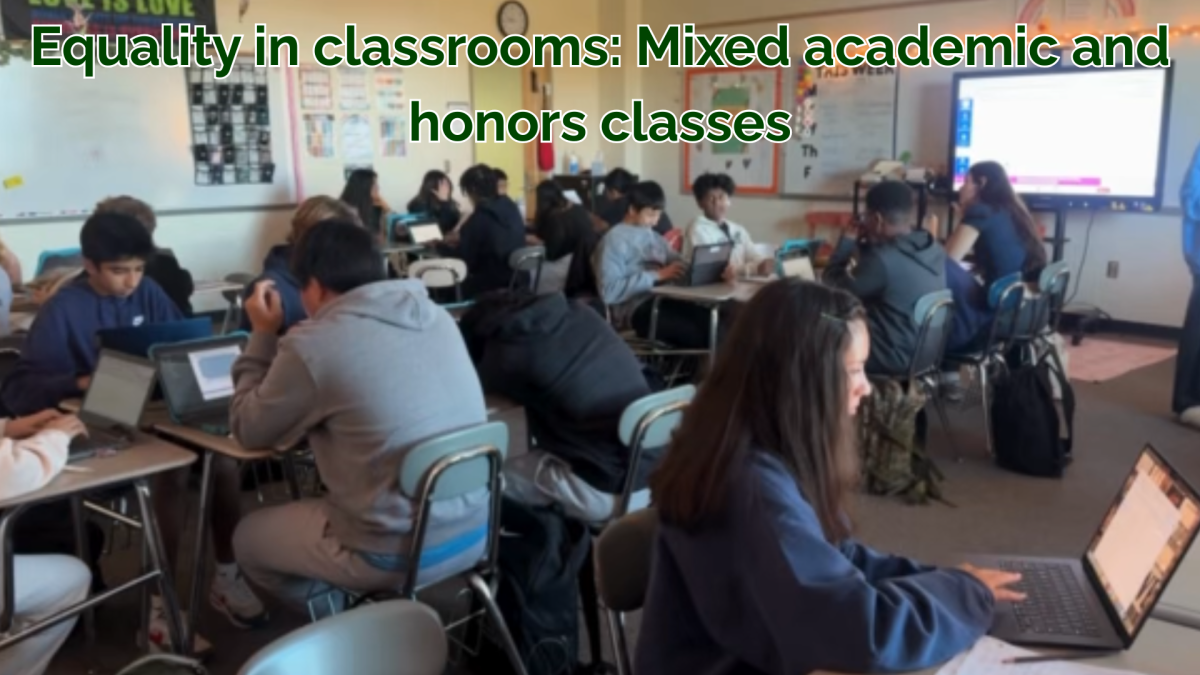Continued restrictions lead to an increase in activism
Advocacy group, Period Project North Carolina (PPNC), continues the fight to ensure proper early education surrounding menstruation
The stigma on periods throughout the country grows with the introduction of new bills like House Bill 1069.
March 30, 2023
Florida implemented House Bill 1069 restricting discussions about menstruation until the sixth grade. Though the bill has only passed the House of Representatives, it is currently pending through the state legislature.
Local nonprofit organization Period Project North Carolina (PPNC) expressed concern about the bill. According to PPNC, the bill increases stigmatization around periods. Though the bill would not affect North Carolina directly, it could make PPNC’s mission harder in the long term.
“Starting your period is a very pivotal moment and you could be met with shame or understanding,” said Sarah Pazokian (‘24), co-founder of Period Project North Carolina. ”Reducing or banning conversation on menstruation can kind of move it over to an overwhelming amount of shame.”
The age of first menarche, in which girls first develop their periods in the United States, has been decreasing since the 50s. Though the average age of menstruation is 12, some children can start as early as eight.
More than 90% of people who menstruate experience other symptoms, including but not limited to cramps, mood swings, and various cravings. Periods take a physical toll on the body. According to PPNC, underestimating this aspect means not understanding the severity of menstruation. Without proper menstrual education, young girls may not register potential health issues associated with their periods.
In North Carolina, education on menstruation typically begins in the fifth grade. According to PPNC, having the bill restrict discussion about period’s before secondary education will leave a large populace of students without the proper knowledge they need about their bodies.
“
“Restricting and placing a taboo on a very natural bodily function just makes women’s bodies more stigmatized,” said Rose Rosaleen (‘24), the other co-founder of PPNC. Pazokian said, “Schools should be a safe learning environment for kids about everything and not just about math and science and reading; they should be able to learn about their bodies.”
Lack of education about these topics contributes to other problems, such as period poverty, said Rosaleen. “Period poverty is definitely more prevalent in minorities, but it’s something that affects everyone, and it’s seen as a luxury because of bills like HB1069.”
Though PPNC’s current goal is to alleviate period poverty and increase accessibility to menstrual products, both Rosaleen and Pazokian agreed that, if affected, this bill would push them to take lead in advocating for something larger. Many bills throughout different state’s legislatures have already begun to increase period stigma.
The trend of limiting education on menstruation is not limited to Florida; there is an increasing pattern of restrictive legislation throughout the United States. PPNC expressed concern about what’s to come. “What’s next?” said Rosaleen.













































































